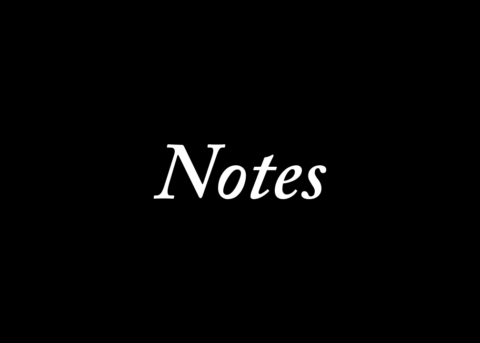The city as identity
In this year’s Lit Issue—our first since the beginning of the pandemic—we explore the importance of place in shaping identity. In book reviews and Q&As, Weekly writers—and writers we interview—examine what it means to tie one’s identity to a city or neighborhood; why they write about the South Side; and how our understanding of where we’re from is also informed by stepping outside our neighborhoods and experiencing how others live. Many of the ideas for book reviews were crowdsourced by our Community Organizing section editor Chima Ikoro and feature books both old and new, which we believe are worth revisiting. This issue also features an expanded Exchange section, with letters from incarcerated writers and old Weekly articles that youth transformed into poetry. We hope that you’ll read through the issue and get inspired to get a book from the library or one of the many bookstores we highlight in the issue—or even to take up the pen yourself.
A shortage of school librarians
Over the past decade, the number of school librarians has dropped significantly. There has been a twenty percent decline nationwide. Locally, this means that out of the 513 district-operated schools—not including charter schools—more than 400 Chicago Public Schools do not have a librarian. Alison Macrina, an activist librarian and the director of Library Freedom Project, thinks leaving it up to students to access information using only digital tools can be dangerous. Macrina said digital tools like Hoopla—which provides online and mobile access to eBooks, audiobooks, comics, music, and movies through a partnership with public libraries across the country, some of which have independent partnerships with schools—bring up misinformation and disinformation in their searches. “A whole bunch of us noticed that search results in Hoopla for things like the Holacaust, COVID, feminism, abortion and other quote unquote controversial issues…not only are filled with misinformation and disinformation in their search results, but those are the primary results.” While Hoopla allows each library to curate the digital collection and select which titles their patrons will have access to, fewer librarians could mean less time for thoughtful curation. The Sun Times reported that this decline in librarians began with a formula called Student Based Budgeting (SBB) which allocates dollars to schools based on the number of enrolled students, an approach that cuts resources and hurts students in Black and brown students in low-income communities.
City violated civil rights of Black and Latinx residents
A report from the federal Department of Housing and Urban Development (HUD) blasts Chicago officials for racist and discriminatory policies that concentrate polluting industries in Black and Latinx neighborhoods already burdened with environmental and health issues. The report was spurred by complaints from community organizers about the proposed relocation of General Iron, a metal scrapping facility, from Lincoln Park to the Southeast Side, which the Weekly has covered extensively. HUD found that the City did not listen to residents’ concerns about exacerbating health problems and played a key role in facilitating the move, denying the permit only after organizers had placed intense pressure on officials to respect their demands. If the City doesn’t change how polluting industry is planned and zoned, it risks losing HUD funding, federal money that goes toward housing in Chicago. Last year, it was $375 million. In response, Mayor Lori Lightfoot has denied any wrongdoing and vowed to challenge HUD on the report, instead of recognizing the negative impact her and previous administration’s decisions have had on the health and safety of Black and Latinx communities—one recent example is her refusal to make public the Inspector General report about the botched implosion in Little Village during the pandemic.
Correction, August 15, 2022: The note on school librarians was updated to reflect Hoopla partners with libraries, not schools, and allows librarians to curate the digital selection.

